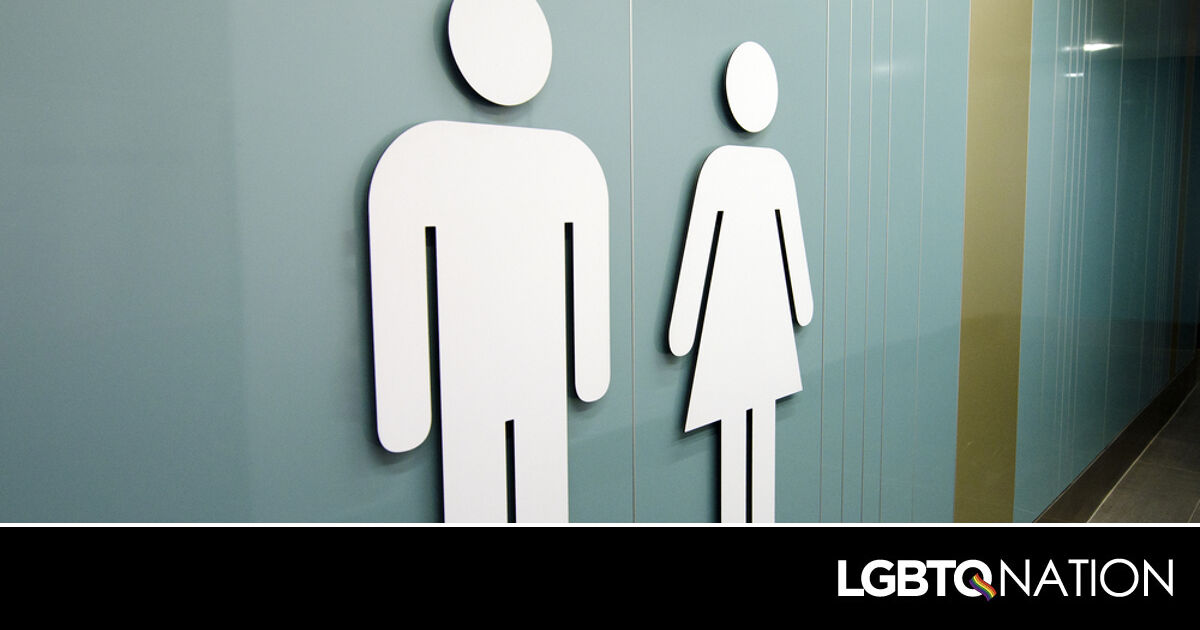
After weeks of debating over how anti-trans they wanted it to be, Utah’s Republican-dominated Senate on Thursday approved a revised version of the bathroom bill. Before going to the governor’s desk to be signed into law, the state House had already passed the revised version.
The first iteration of H.B. 257, passed last year by the Utah State House, included a clause prohibiting transgender individuals from using restrooms and other “sex-designated private areas” in “publicly funded and publicly owned” buildings unless they have updated their birth certificates and can demonstrate having undergone gender affirmation surgery. Violations of the rules could have resulted in up to six months in prison.
Airports, convention centers, garden buildings, outdoor areas, public administration buildings, colleges, universities, and public schools would have been covered by that version of the bill, according to journalist Erin Reed.
Utah state senator Dan McCay (R) introduced a modified version of the bill in the state Senate on Wednesday. That version only applied to “government-owned and operated” buildings, such as public schools, universities, and government buildings, according to KUER.
The restrictions on who can use sex-designated bathrooms in other public buildings were removed in McCay’s version, but the original bill still prohibited transgender locker and changing room access as well as the restrictions on bathroom access in K–12 schools. According to McCay, the amended bill was “no longer related to gender or identity” and instead focused on “the behavior of those who commit sexual and lewd behavior in a private space.”
However, McCay changed his mind on Thursday and introduced a revised version of the bill just before the Senate began debating HB 257, according to KSL.com.
The latest version reinstates the bill’s ban on transgender people using restrooms that match their gender identity in government-owned buildings while also defining “male” and “female,” in express code, in accordance with the biological sex assigned at birth.
The bill does not include a mechanism for enforcing the bathroom ban, but it does contain increased criminal penalties for those who commit multiple crimes in restrooms as well as harsher punishments for anyone who does so against their biological sex.
According to McCay, “instead of making this about police, we determine what bathrooms are, who belongs in what bathroom, and how to, I suppose, qualify to be in one restroom or another.” And I believe it is quite different from that description.
The Senate gave H.B. the go-ahead. Just two Republicans joined Democrats in voting against it on Thursday, which resulted in a vote of 21-8.
Around 100 people gathered on the steps of the Utah Capitol as the Senate voted to express their opposition to the bill and urge Gov. Spencer Cox (R) to veto it.
H.B. 257 may go back to the House for approval before arriving at Cox’s desk. However, as KSL.com noted, the bill will likely face constitutional challenges from both supporters and detractors.




